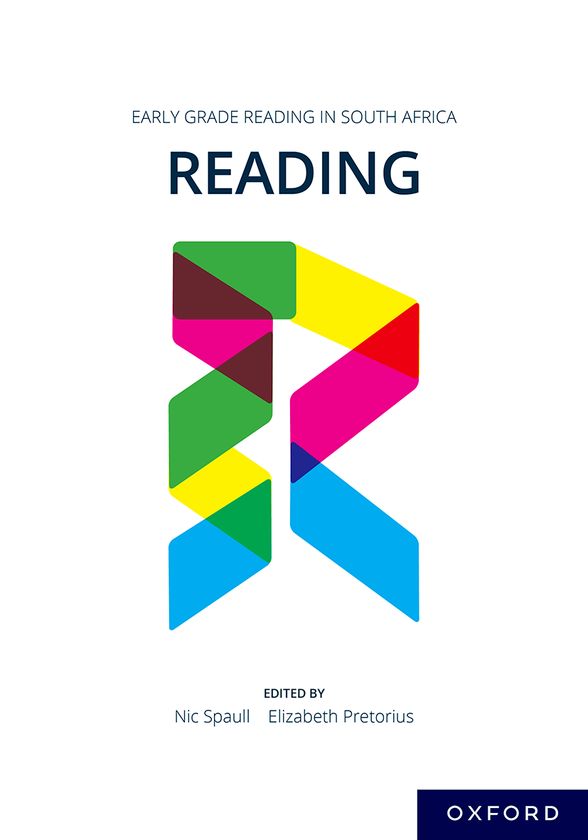
The years since 2010 have been especially fruitful in terms of both data collection and analysis, with insights from large-scale longitudinal assessments of reading in African languages, and in-depth classroom observations of pedagogy and practice. Drawing on data from more than 40,000 learners in no-fee schools, authors report language-specific reading regularities and propose evidence-based reading benchmarks for Grades 1, 2 and 3.
In addition to reviews of learner outcomes and the curriculum, the chapters also document developments in pre-service and in-service teacher education, pre-school language development, and access to appropriate texts, as well as detail s of the development of a new generation of learner workbooks, teacher guides, and decodable stories. The volume closes with an assessment of how the 'right to read and write' might be interpreted by the executive, the legislature, and the judiciary in South Africa.
The volume will interest researchers and policy-makers engaged with understanding why children cannot read, what can be done about it, and where to focus policy attention.
-
R 447.95
- ADD TO CART ({{state.cart.quantity}})
- IN STOCK
- Download Catalogue